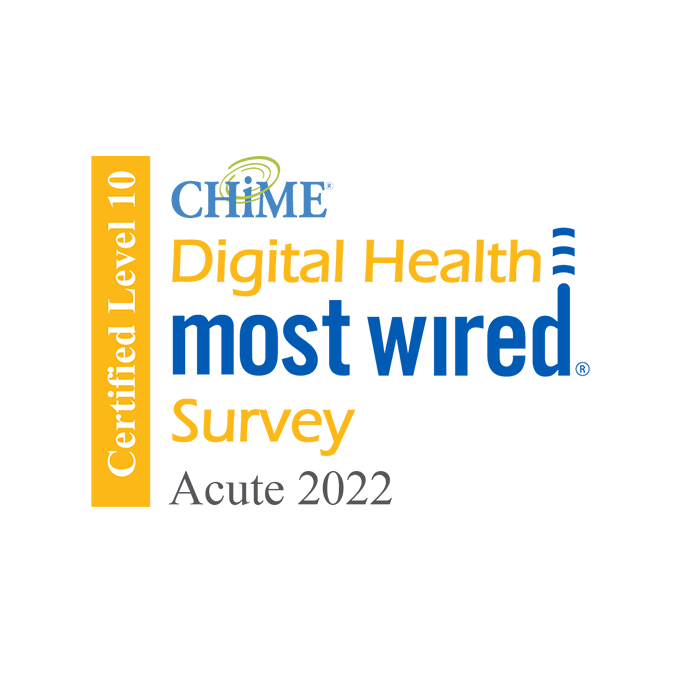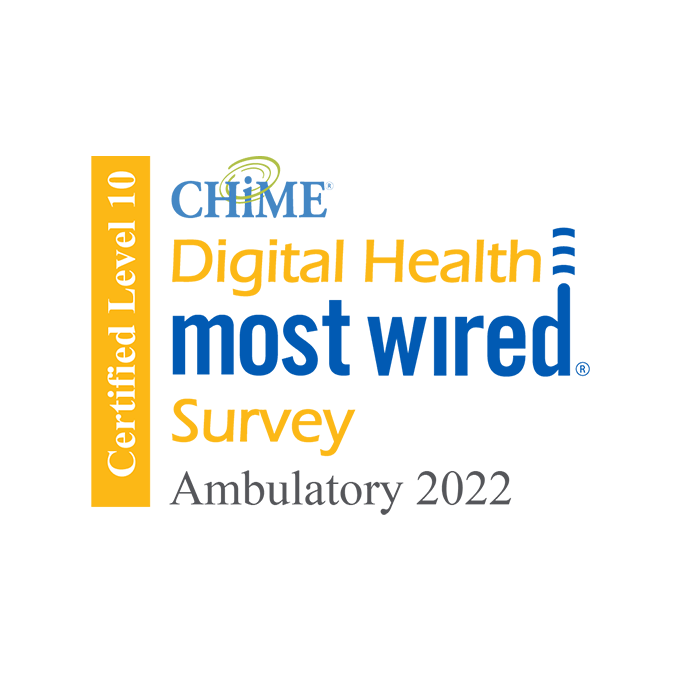Infectious Diseases
Our team has expertise in preventing, diagnosing, researching and treating infectious diseases. You’ll receive advanced and individualized care every step of the way.
Medically reviewed on Nov. 07, 2023.

Nationally Recognized Leaders in Infectious Disease Care
UC Davis Health has led the field in patient care, education and prevention of infectious disease since 1968. Our outreach programs help stop the spread of infection in our community.
Our Difference
Award-Winning Antimicrobial Program
Our experts work with the medical community to overcome the challenges of antibiotic resistance. The UC Davis Antimicrobial Stewardship Program is a designated Center of Excellence according to the Infectious Disease Society of America (IDSA).
Education and Innovation
As an academic health system, we stay at the forefront of medical innovation. Our faculty train the next generation of infectious disease specialists to develop new approaches to treatment and prevention.
Research-Driven Advances
Through our clinical research programs, we develop new tools, medications and therapies for diagnosing and treating infectious diseases. This improves patient care in our Division of Infectious Diseases and quality of life.
What Are Infectious Diseases?
Infectious diseases are illnesses caused by organisms (or contact with organisms). Bacteria, fungi, parasites and viruses can all cause infection.
Four Types of Infectious Disease:
Bacterial Infection
Bacteria are single-cell organisms. Infectious bacteria reproduce quickly in your body, making you sick. Antibiotics treat a bacterial infection.
Fungal Infection
Fungi are organisms that can grow almost anywhere. They live in air and water, on indoor surfaces and in your body. Many fungi are harmless, but some can cause infection and serious illness.
Parasitic Infection
A parasite is an organism that requires a host to survive. Parasites live in or on their hosts and feed off them. Giardiasis, the most common parasitic infection in the U.S., often spreads through contaminated water.
Viral Infection
Viruses are germs made of DNA or RNA. They invade cells in your body and multiply (replicate). There are many different viruses, and each one targets a specific type of cell. For instance, the flu infects cells in your respiratory system.
How Are Infectious Diseases Spread?
There are many ways infections can spread. You can catch an infectious disease from an infected person, animal or insect. Contaminated food, soil or water can also cause infectious disease.
When an infectious disease spreads between people, it is also called a contagious disease. Not all infectious diseases are contagious.
Modes of transmission include:
Contaminated Food or Water
Fecal matter from an infected person can contaminate food and water sources. Consuming even a small amount can make you very sick.
Direct Contact With an Animal
An animal can spread infection by licking, biting or scratching you. This can lead to zoonotic diseases such as bird flu and rabies.
Direct Contact With a Person
Some infections spread through direct contact with an infected person. Direct contact includes coughing and sneezing as well as kissing, touching and sexual contact.
Insect Bites
Insects like mosquitoes, ticks and fleas feed off infected people or animals. When an insect carrying infected blood bites you, you can become infected. These infections cause vector-borne diseases.
Soil or Plants
Some fungi grow in soil or on plants. If you inhale or touch their spores, you can develop a fungal infection. Lung infections can cause serious illness.
Why Infectious Disease Care Matters
Infectious diseases are a public health challenge because they spread quickly. Young children, older adults and people with weakened immune systems are at risk of serious complications. Preventing the spread of infection is important for protecting your health and the health of others.

Request an Appointment
As Sacramento's No. 1 hospital, you'll benefit from unique advantages in primary care and specialty care. This includes prevention, diagnosis and treatment options from experts in 150 specialties.
Referring Physicians
To refer a patient, you can submit an electronic referral form or call.
800-4-UCDAVIS
Patients
For questions and appointment information
Consumer Resource Center
800-2-UCDAVIS

Ranked among the nation’s best hospitals
A U.S. News & World Report best hospital in cancer, cardiology, heart & vascular surgery, diabetes & endocrinology, ENT, geriatrics, neurology & neurosurgery, obstetrics & gynecology, and pulmonology & lung surgery.

Ranked among the nation’s best children’s hospitals
A U.S. News & World Report best children’s hospital in diabetes & endocrinology, nephrology, and orthopedics*. (*Together with Shriners Children’s)

Ranked Sacramento’s #1 hospital
Ranked Sacramento’s #1 hospital by U.S. News, and high-performing in COPD, colon cancer surgery, diabetes, heart attack, heart failure, hip fracture, hip replacement, kidney failure, leukemia, lymphoma & myeloma, lung cancer surgery, ovarian cancer surgery, pneumonia, prostate cancer surgery, stroke, TAVR, uterine cancer surgery, gastroenterology & GI surgery, and orthopedics.

The nation’s highest nursing honor
UC Davis Medical Center has received Magnet® recognition, the nation’s highest honor for nursing excellence.

“Most Wired” for acute care
UC Davis Health has been recognized as a level 10 out of 10 in the Digital Health “Most Wired” program from the College of Healthcare Information Management Executives (CHIME). The honor recognizes excellence in using technology to improve the delivery of care.

“Most Wired” for ambulatory care
UC Davis Health has been recognized as a level 10 out of 10 in the Digital Health “Most Wired” program from the College of Healthcare Information Management Executives (CHIME). The honor recognizes excellence in using technology to improve the delivery of care.

World-class cancer care
One of ~56 U.S. cancer centers designated “comprehensive” by the National Cancer Institute.

A leader in health care equality
For the 11th consecutive year, UC Davis Medical Center has been recognized as a “Leader in LGBTQ+ Healthcare Equality.”

